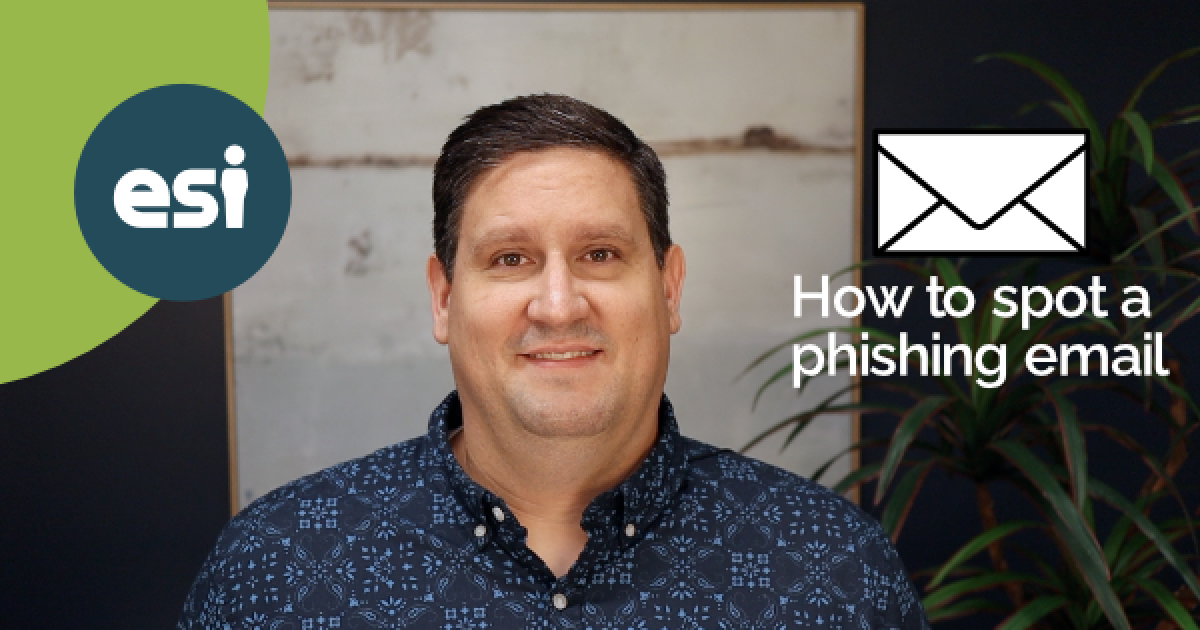
Phishing is the act of sending fake and convincing emails that have been crafted by bad actors who are pretending to be companies. These emails are designed to trick you into giving up your personal or financial information by making you think they were sent from a real company.
You can learn to spot the fake emails with these four tips:
- Check the email address and the domain name
- Do you know the sender?
- Was the email from a public email address (@gmail, @yahoo, @outlook) when it would normally come from localbusiness.com?
- Is the domain name portion of the email address spelled correctly?
- Scammers will get creative by using domains that look official, but may contain a hyphen, or they'll switch a letter or two so that it looks correct.
- Make sure to scan the address and domain slowly. These slight variations can be tricky to spot.
- Check for spelling, grammar, and punctuation issues
- Are there spelling mistakes or odd grammar choices in the email?
- Are there periods where question marks should go or no punctuation at all?
- Remember, most real marketing emails are reviewed by really good editors and these simple mistakes would be far and few between for a reputable company.
- Is there a sense of urgency?
- Bad actors try to prompt you to take quick action by creating a sense of urgency with phrases like:
- "Act now",
- "Your account has been locked"
- "Review your recent purchases"
- Remember: companies and government agencies will never demand payment by gift cards or payment services like Zelle.
- Bad actors try to prompt you to take quick action by creating a sense of urgency with phrases like:
- Is it too good to be true?
- The old saying still applies today: If it's too good to be true, it usually is.
It's not only email where you need to use caution. When clicking on ads on social media sites, you can't be 100% sure what website you will land on until your browser finishes loading.
Instead of clicking on the link, type in the website's address into your browser and see if you can find the item or offer.
This is not to say that all ads on social media websites are bad, but it is very easy for scammers to place an ad for a product or service only to lead you directly to their fake website. Some of the ads and websites can be very convincing. The same four tips can be applied to advertisements and links on social media websites!
If you're ever unsure if an email you received was sent by ESI, don't hesitate to give us a call to confirm (480) 719-3271.
